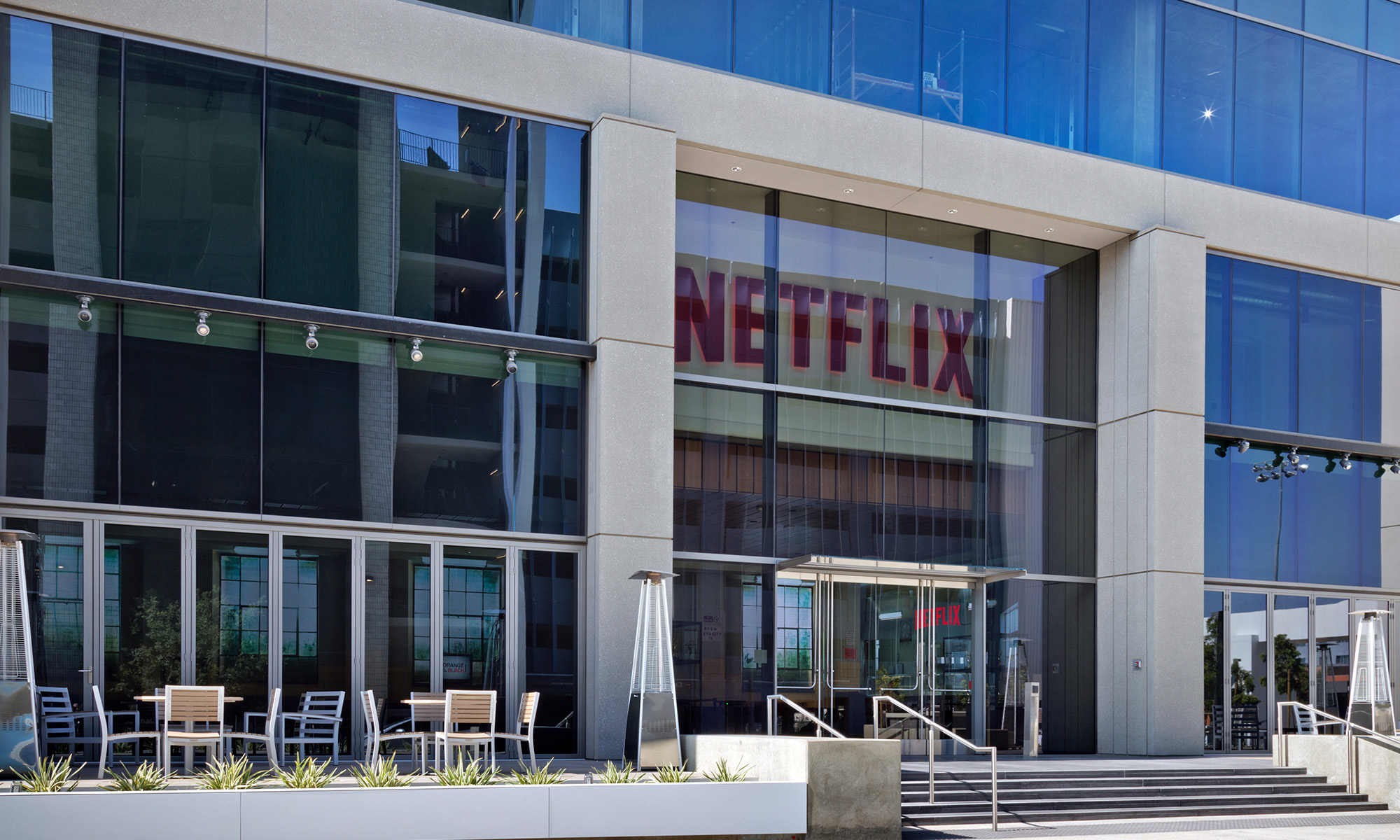One of the strongest competitive advantages in the business world today is network effects. At a high level, this generally means that as a company gains additional users or customers, the product or service improves for everyone else.
While easy to comprehend, investors often mistakenly believe internet companies automatically possess this trait. Two popular companies in particular, Netflix (NFLX 1.75%) and Peloton (PTON 1.88%), are widely thought of as businesses with network effects.
But there is more to the definition I gave above. Let's dive in and understand why the misconception exists.

Image source: Getty Images.
Why Netflix and Peloton don't have true network effects
Netflix and Peloton actually own the means of production for their products and services. The streaming entertainment giant spends massive amounts of cash ($17 billion this year alone) to enhance and expand its vast content catalog. And the at-home fitness pioneer chooses which trainers to work with, what classes to offer, and what equipment to design and manufacture. The end user, whether it's someone watching TV or an exercise junkie, has no direct connection to that process for the business.
Compare this dynamic to companies like Uber, Airbnb, or Etsy with true network effects. All three of these companies simply facilitate a connection and transaction between users of its marketplaces. Uber doesn't own the cars that ferry passengers around the world. Airbnb doesn't own the properties that host millions of travelers every year. And Etsy doesn't own the merchandise sold on its website and mobile app. Netflix and Peloton, on the other hand, do take on the risk of producing their services and products, and this is a key distinction.
The common misconception
I often read or hear that if communities form around a product or service, then the company must have network effects.
There's an official Peloton member page on Facebook that has attracted over 434,000 people. Netflix's hit series Stranger Things also has a fan page on Facebook that 223,000 people follow. This does not, however, mean network effects are present.
Sure, these social communities can drive referrals and attract new customers. They can also increase engagement by encouraging users to take more classes or watch more content. This is no different than a restaurant or chiropractor in your hometown gaining customers by word-of-mouth advertising -- albeit on a much larger scale. The internet has simply made it easier for customers to connect with each other, which can apply to any company.
Gathering data is the curveball
There is something that complicates the argument for Netflix and Peloton having network effects though, and this is the large quantities of data they're able to collect. Both companies amass troves of data on their users. For example, Netflix knows what content viewers watch, when they watch it, how often they use the service, and more. Peloton is similar in that it knows what types of workouts are popular, how often connected fitness subscribers exercise, and so on.
More users equals more data. And with more data, these businesses can better direct their investments in technology and the user experience. This all creates a feedback loop. But again, I'm skeptical that this translates into a true network effect.
We don't associate Home Depot, Costco, or Starbucks with having network effects, but they also collect lots of data on their customers and their behavior -- all of which leads to better leverage with vendors and a continuous improvement in the shopping and ordering experience.
And in today's competitive landscape, if a company is not gleaning valuable insights from the data it gathers in order to improve the customer value proposition, then it will inevitably fall behind.
The investor takeaway
Netflix and Peloton are both outstanding businesses as they've each found tremendous success by disrupting outdated industries. Considering them as additions to your portfolio would certainly benefit long-term investors.
Just don't assume that all internet-based businesses have network effects, regardless of how popular they may be.













